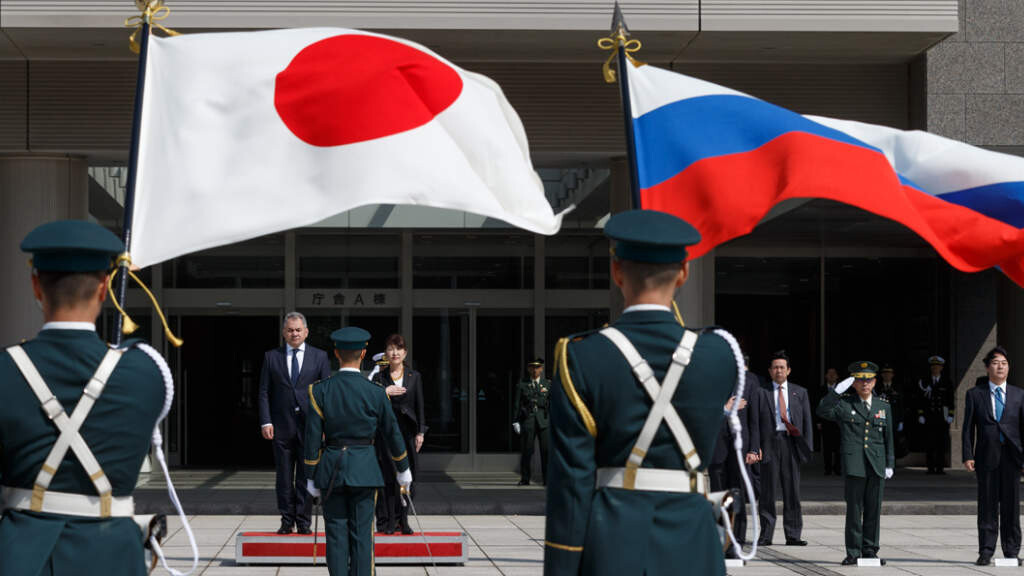
Three years have passed since Russia launched its invasion of Ukraine, triggering a wave of economic sanctions, primarily led by the Group of Seven (G7) nations. While Japan's trade with Russia has significantly decreased, some crucial economic ties remain, notably in the energy sector. Meanwhile, the global repercussions of the conflict, including rising prices, continue to impact Japan.
According to 2024 trade statistics released by the Japanese Finance Ministry, exports to Russia have fallen by 17% year-on-year to ¥327.6 billion, and imports have also decreased by 17% to ¥860.3 billion. Compared to 2021, the year before the invasion, exports have plummeted by approximately 40%, and imports by around 60%.
The G7-led trade embargo has virtually halted Japan's exports of key items such as semiconductor manufacturing equipment, electronic components, and aircraft. New car exports, which peaked at approximately 450,000 units in 2008, have dwindled to zero in both 2023 and 2024. Major Japanese automakers like Toyota have withdrawn from Russian operations.
However, a notable exception exists in the export of used compact cars, which are exempt from sanctions. Exports of these vehicles to Russia reached approximately 200,000 in 2024, a roughly one-third increase from the 150,000 units exported in 2021. This surge raises concerns about potential loopholes in the sanctions regime, as these popular Japanese cars might be re-exported to Russia through third-party countries.
LNG Reliance Shifts Towards the US
Liquefied natural gas (LNG) remains Japan's most significant import from Russia, valued at ¥548 billion. Seafood, including crab, cod, and salmon, also constitutes a substantial import at ¥130.2 billion. Prior to the invasion, Russia supplied approximately 10% of Japan's LNG needs.
The Sakhalin-2 project, in which Japanese companies hold stakes, is currently exempt from sanctions, allowing Russia to continue LNG exports from its Far East region. A major trading company executive noted, "With the short transport distance and stable production, the importance of the Sakhalin-2 project has not changed."
Nevertheless, Japan is increasingly diversifying its LNG sources, with imports from the United States, a growing LNG producer, on the rise. In 2024, the US supplied 9.6% of Japan's LNG imports, surpassing Russia's share of 8.6%. The recent Japan-U.S. summit underscored the two nations' commitment to expanding U.S. LNG imports, suggesting a potential decline in Japan's reliance on Russian energy.
Russia Seeks Alternatives to SWIFT
The United States, Europe, and other nations continue to restrict Russian financial institutions' access to SWIFT (Society for Worldwide Interbank Financial Telecommunication), a crucial international payment network, complicating trade settlements with Moscow. The European Union is reportedly poised to impose further sanctions on several Russian banks.
In response, Russia has been developing its own payment system, SPFS (Financial Messaging System of the Bank of Russia), and strengthening trade ties with China and India. According to Anatoly Aksakov, head of the State Duma Committee on Financial Markets, new settlement methods have been developed. "SWIFT is dying, it is already a backward technology," Aksakov recently told Russia's TASS news agency, highlighting Russia's push to circumvent Western financial restrictions.
[Copyright (c) Global Economic Times. All Rights Reserved.]






























